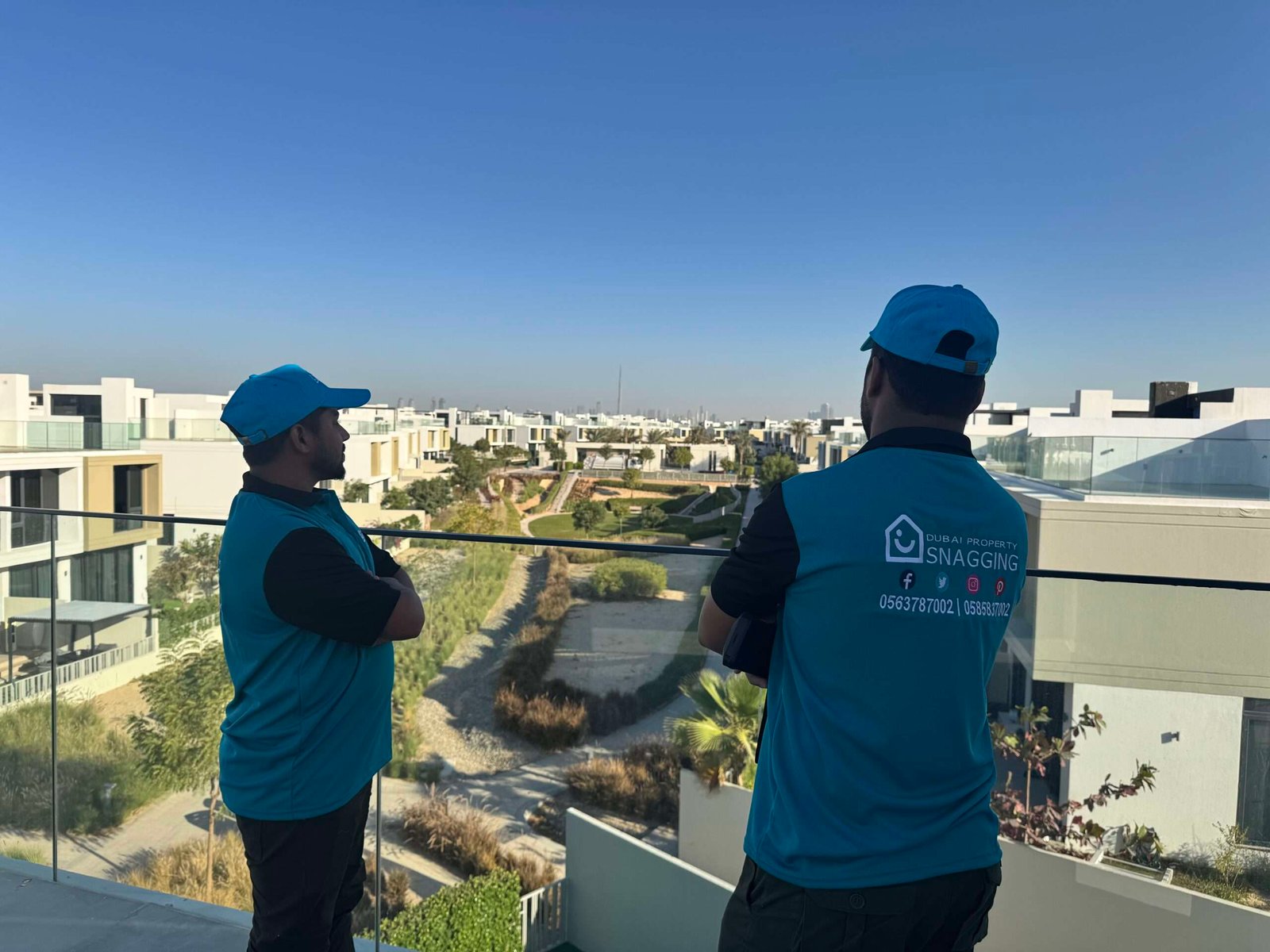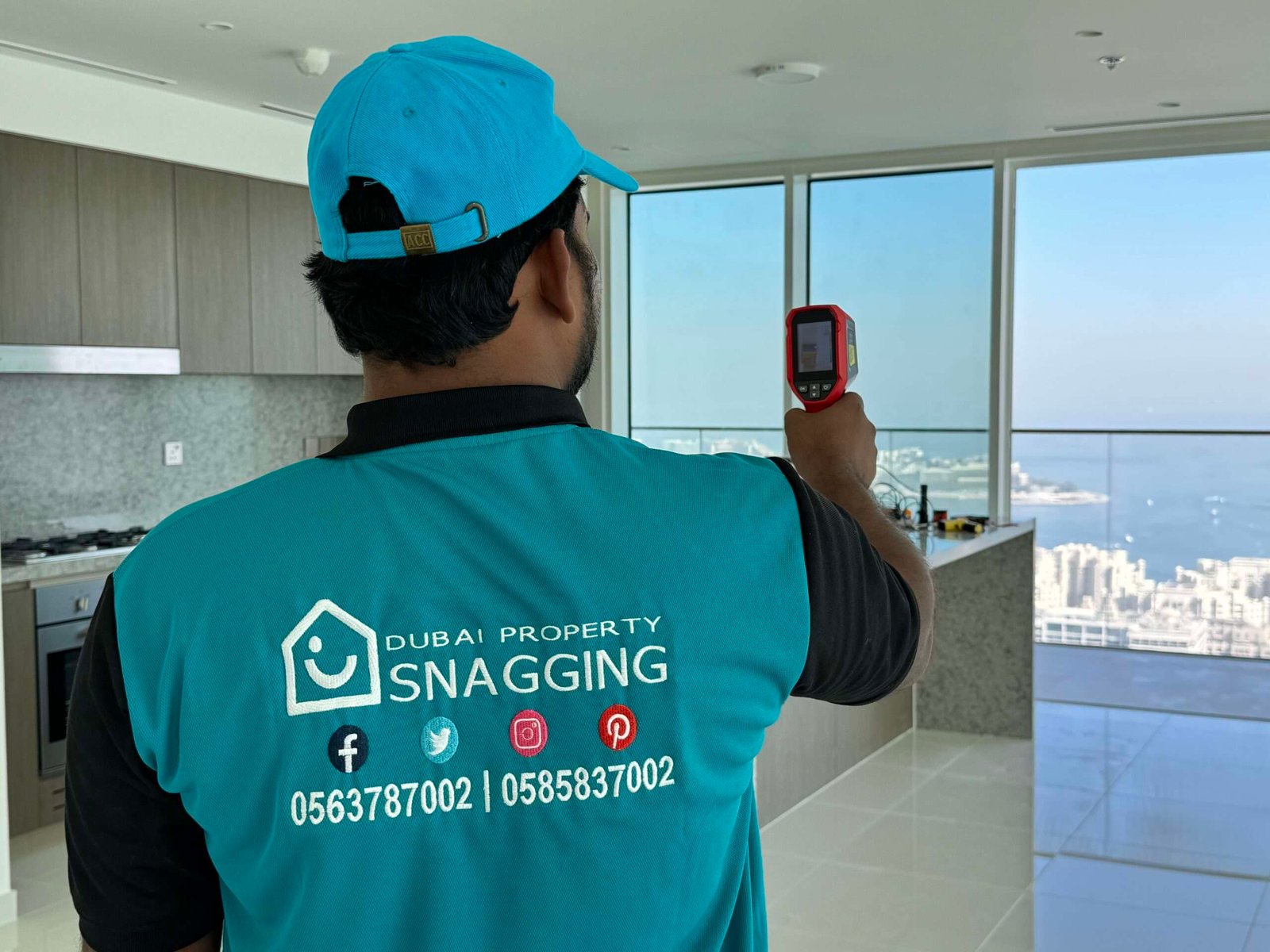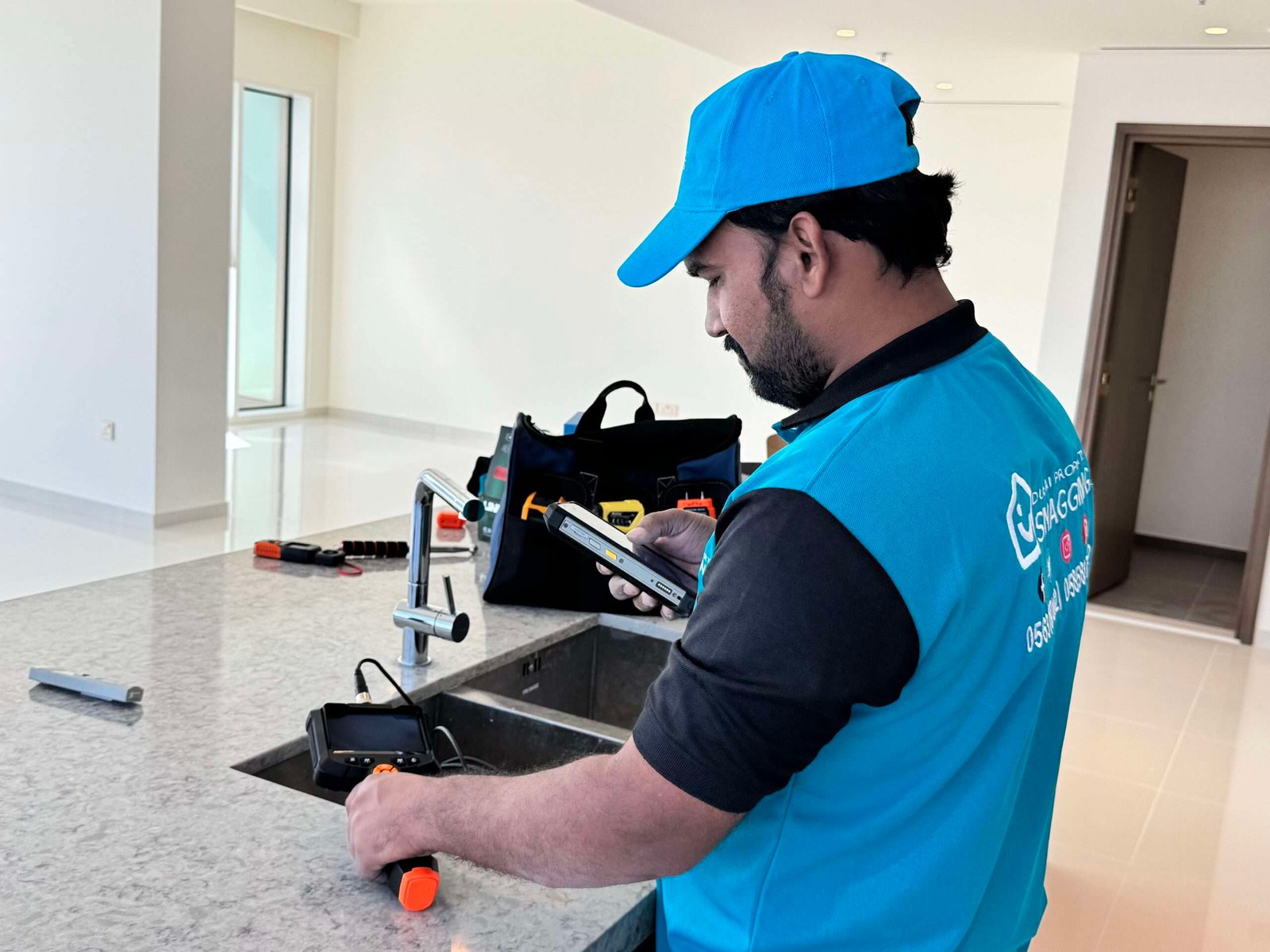Property Inspection in Dubai: What It Covers
Purchasing a property is one of the biggest financial commitments many of us will make in our lives, and in a dynamic market like Dubai, it’s essential to ensure that the property you’re about to buy or rent is in top condition. This is where a comprehensive property inspection becomes invaluable.
Whether you’re a first-time buyer or an experienced investor, understanding what a property inspection covers in Dubai is crucial for making an informed decision. In this blog, we’ll explore the key elements of a property inspection in Dubai and how it helps protect your investment.
What is a Property Inspection?
A property inspection is a detailed examination of a property’s condition, conducted by a professional inspector. This inspection typically takes place before a sale or lease agreement is finalized. The goal is to identify any issues—big or small—that could impact the property’s value, safety, or livability. In Dubai, a property inspection is particularly important given the region’s extreme climate, construction trends, and fast-paced real estate market.
What Does a Property Inspection in Dubai Cover?
A property inspection in Dubai generally covers a wide range of areas. From structural integrity to electrical systems, here are the key elements of a standard inspection:
1. Structural Assessment
The foundation and structural integrity of a property are paramount to its safety and long-term durability. Inspectors will check for cracks in the walls, floors, and ceilings, as well as any signs of movement or shifting in the foundation. In Dubai’s sandy environment, soil erosion can sometimes affect foundations, so this aspect is particularly important for ensuring the property remains secure.
2. Roofing and Drainage Systems
The roof is another critical area that requires close attention. Given Dubai’s occasional rainfall, it’s essential to check that the roof is waterproof, without leaks or cracks. Inspectors will look for signs of wear, water damage, or structural issues in the roofing system. They will also evaluate the drainage system to ensure that rainwater flows away from the property effectively, preventing flooding or water damage.
3. Electrical Systems
Safety comes first, and in Dubai, the electrical systems of a property must comply with local safety codes. Inspectors will examine the wiring, outlets, and circuit breakers to ensure everything is functioning correctly and that there are no hazards, such as exposed wires or faulty connections. Given the high demand for air conditioning systems in Dubai, electrical capacity to handle AC units is also an important aspect of the inspection.
4. Plumbing and Water Systems
Water damage can be a major issue, especially in properties with older plumbing systems. Inspectors will check the condition of pipes, faucets, and drains to ensure there are no leaks or blockages. They will also test the water pressure and evaluate the functionality of hot water systems. In Dubai, water quality can vary, so ensuring that there’s no contamination is also a priority during the inspection.
5. HVAC (Heating, Ventilation, and Air Conditioning)
Given Dubai’s extreme heat, an efficient HVAC system is essential for comfort and energy efficiency. Property inspectors will thoroughly examine the air conditioning systems to ensure they are working at full capacity, without leaks, and are properly maintained. This is especially important for properties that may not have been used for some time, as systems may be prone to issues like clogged filters or refrigerant leaks.
6. Interior Condition
Inspectors will also evaluate the interior of the property, assessing things like flooring, walls, windows, doors, and finishes. They’ll check for any visible cracks, damp spots, or signs of pest infestation. Pay special attention to areas like bathrooms, kitchens, and basements (if applicable), where moisture and mold can become a concern in the humid months.
7. Safety Features
In Dubai, property safety is a high priority. Inspectors will ensure that all safety features—such as smoke detectors, fire extinguishers, and emergency exits—are in place and functional. They will also examine the property’s overall security, including the condition of gates, locks, and fencing. With many properties in Dubai having gated communities or shared spaces, it’s important to evaluate the safety of these areas too.
8. Pest Infestation
Pest control is another critical aspect of property inspections in Dubai. Insects and rodents can be a common problem in both residential and commercial buildings. A property inspector will check for signs of infestation, including droppings, nests, or other damage caused by pests. Dubai’s hot climate can exacerbate pest problems, making it important to address this issue before moving in.
9. Environmental Considerations
In Dubai, environmental conditions, such as the extreme heat and sandstorms, can take a toll on properties. Inspectors will assess whether the building materials are suited to withstand these conditions. This might include checking for proper insulation, as well as evaluating windows and doors for energy efficiency to prevent excessive cooling costs in the summer months.
The Benefits of Property Inspection in Dubai
1. Peace of Mind
Buying or renting property is a major decision, and you want to be sure that it’s a sound investment. A thorough inspection gives you the peace of mind that the property is in good condition and that you’re not overlooking any potentially costly issues.
2. Better Negotiation Power
If the inspection reveals any problems, you can use this information to negotiate with the seller. Whether it’s asking for a reduction in price or requesting that repairs be made before you move in, having an inspection report can significantly improve your negotiating position.
3. Avoid Costly Repairs
The last thing any new homeowner wants is to discover major problems after moving in. A property inspection helps you avoid unexpected expenses by identifying issues early on, allowing you to plan for repairs or avoid purchasing a property with serious flaws.
4. Compliance with Local Regulations
Dubai has strict building and safety regulations, and an inspection ensures that the property complies with all necessary standards. This is especially important for buyers interested in commercial properties, as compliance with regulations can affect the ability to operate legally within the premises.
Conclusion
A property inspection is an essential step in the process of buying or renting a home in Dubai. From ensuring structural integrity to assessing plumbing, electrical, and HVAC systems, a comprehensive inspection protects your investment and gives you the confidence to move forward with the transaction.
Whether you’re purchasing a luxury villa in Palm Jumeirah or investing in a downtown apartment, make sure you conduct a thorough property inspection to avoid surprises down the road. It’s an investment in your future peace of mind, comfort, and financial security.



